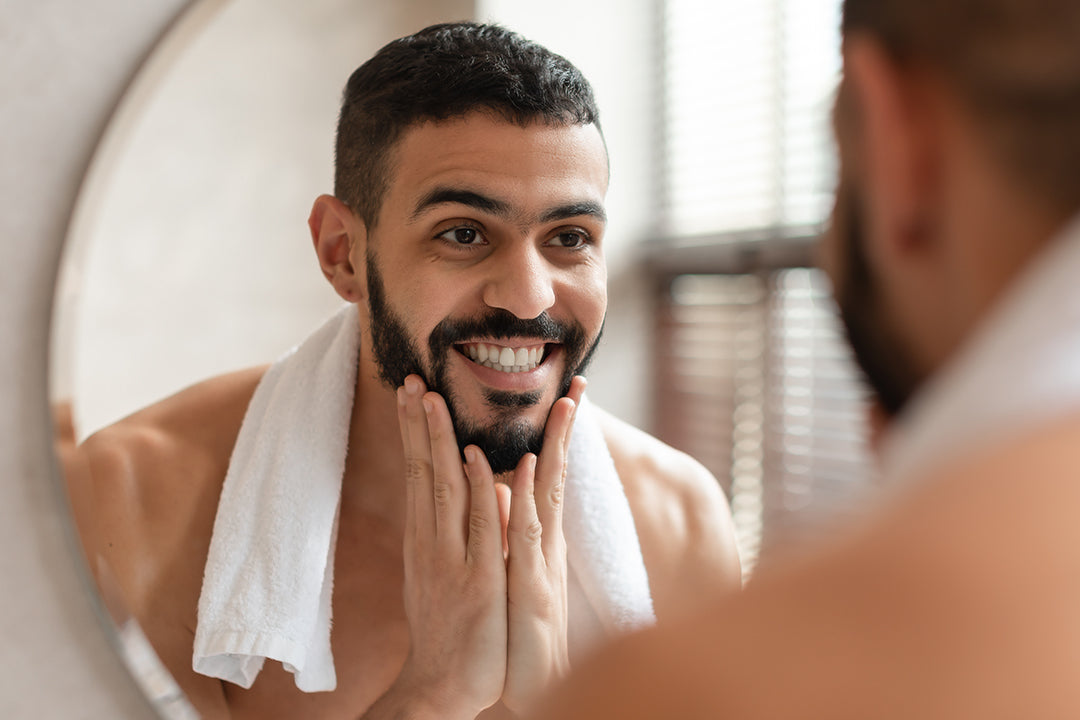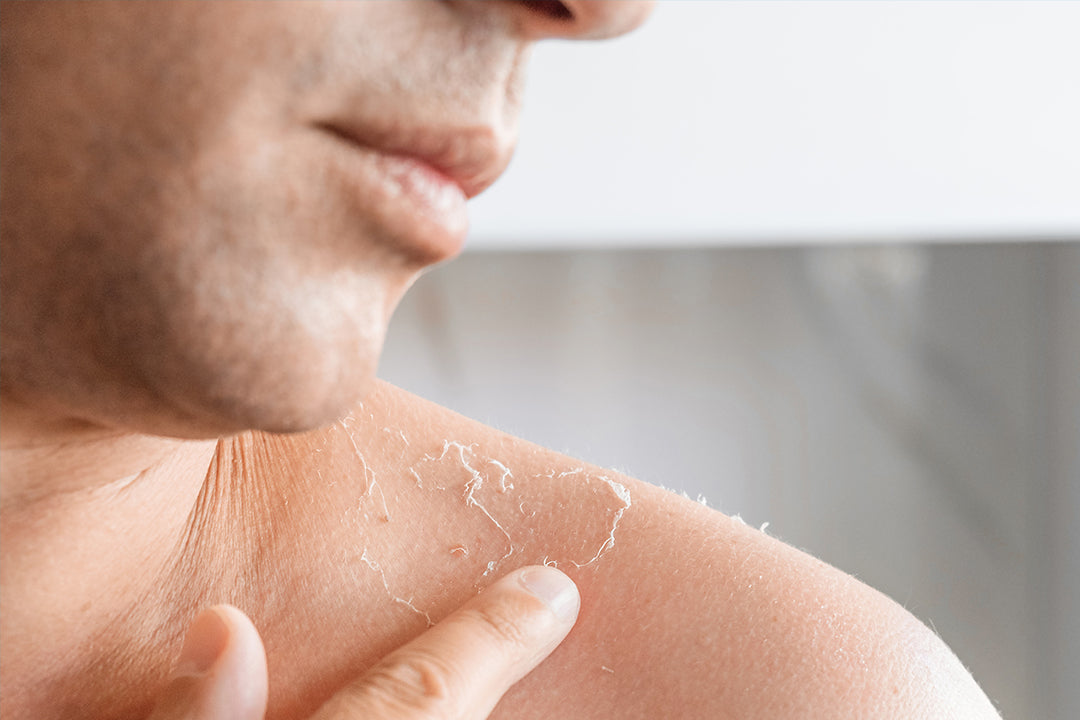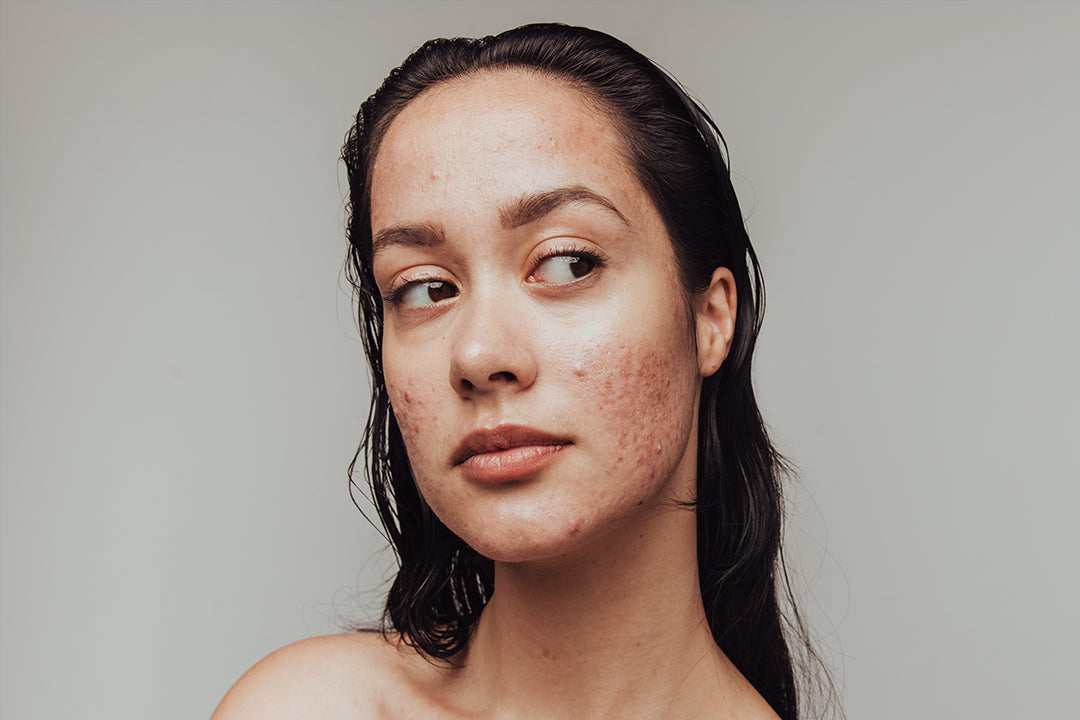Do you struggle with oily skin? If so, you're not alone. Many people deal with excess oil production, which can lead to shiny skin, clogged pores, and even acne breakouts. But don't worry, there are steps you can take to care for your oily skin and keep it looking its best. In this article, we'll explore the best practices and product recommendations for oily skin.
Understanding Oily Skin
Before we dive into the best face care for oily skin, it's important to understand what causes oily skin and how it differs from other skin types. Oily skin is characterized by an overproduction of sebum, the natural oil produced by the skin. This excess oil can make your skin feel greasy and look shiny.
Oily skin can be caused by a variety of factors, including genetics, hormonal changes, and even environmental factors like humidity. Managing oily skin requires a consistent skincare routine and the right products to balance oil production and keep your skin healthy.
Essential Products for Oily Skin Types
When it comes to caring for oily skin, there are a few essential products that should be part of your skincare routine. These products are specifically designed to target excess oil and help control shine without disrupting the skin's barrier. Let's take a closer look at these products:
Cleansers
A good cleanser is the foundation of any skincare routine, especially for oily skin. Look for cleansers that contain ingredients like salicylic acid, which helps to exfoliate and unclog pores. Try our Glycolic Acid Gel Cleanser.
Exfoliating toner or liquid
Exfoliation helps to remove dead skin cells that can clog pores and lead to breakouts. Choose a toner or liquid with beta hydroxy acid (BHA) like salicylic acid, which can penetrate oil and unclog pores. Avoid harsh scrubs that can irritate the skin. QRXLabs' 2% BHA Exfoliating Liquid or Skin Drying Lotion will work wonders for you.
Serum
A lightweight, oil-free serum can deliver a concentrated dose of acne-fighting ingredients like niacinamide or retinoids. Niacinamide helps to regulate oil production and reduce inflammation, while retinoids promote cell turnover and unclog pores. We bring to you, NiacinaMax Serum.
Sunscreens
Contrary to popular belief, even oily skin needs sunscreen. Look for non-comedogenic sunscreens that won't clog your pores.
Do not forget to keep Acne control pads handy to spot-treat blemishes. They are typically pre-soaked with a solution that contains salicylic acid or benzoyl peroxide.
Frequently Asked Questions
If you still have questions about caring for oily skin, check out these frequently asked questions:
What is the best ingredient to look for in a cleanser for oily skin?
Cleansers with salicylic acid are great for oily skin as they help to exfoliate and unclog pores.
Are sunscreens bad for oily, acne-prone skin?
No, sunscreens are essential for protecting your skin from harmful UV rays. Look for non-comedogenic sunscreens that won't clog your pores.
What causes increased sebum production in oily skin?
Increased sebum production in oily skin can be caused by genetics, hormonal changes, and environmental factors like humidity.
How often should you cleanse oily skin?
It's recommended to cleanse oily skin twice a day - once in the morning and once at night - to remove excess oil and impurities.
How can you minimize the appearance of pores?
To minimize the appearance of pores, use products with ingredients like niacinamide and retinol, which can help to tighten and refine the skin.
Takeaways
Caring for oily skin doesn't have to be a challenge. By following a consistent skincare routine and using the right products, you can keep your skin looking healthy and shine-free. Remember to cleanse your skin twice a day, use non-comedogenic products, and protect your skin with sunscreen. If you still have questions or concerns, don't hesitate to consult with a dermatologist for personalized advice.









